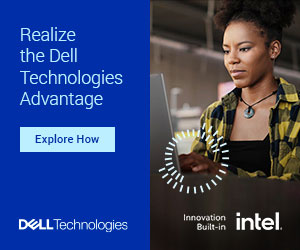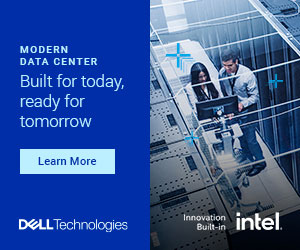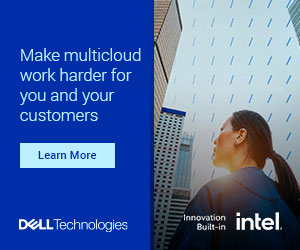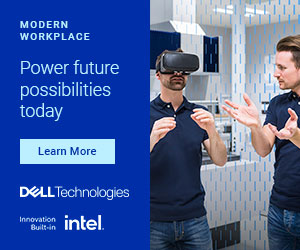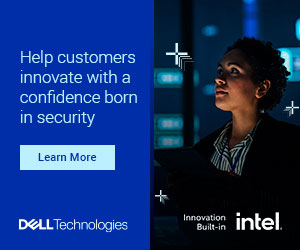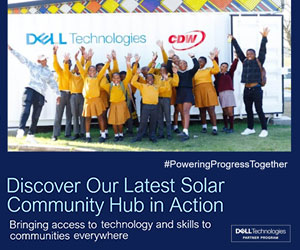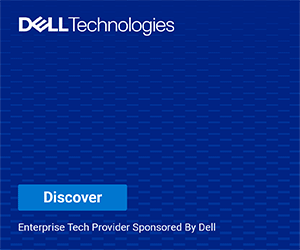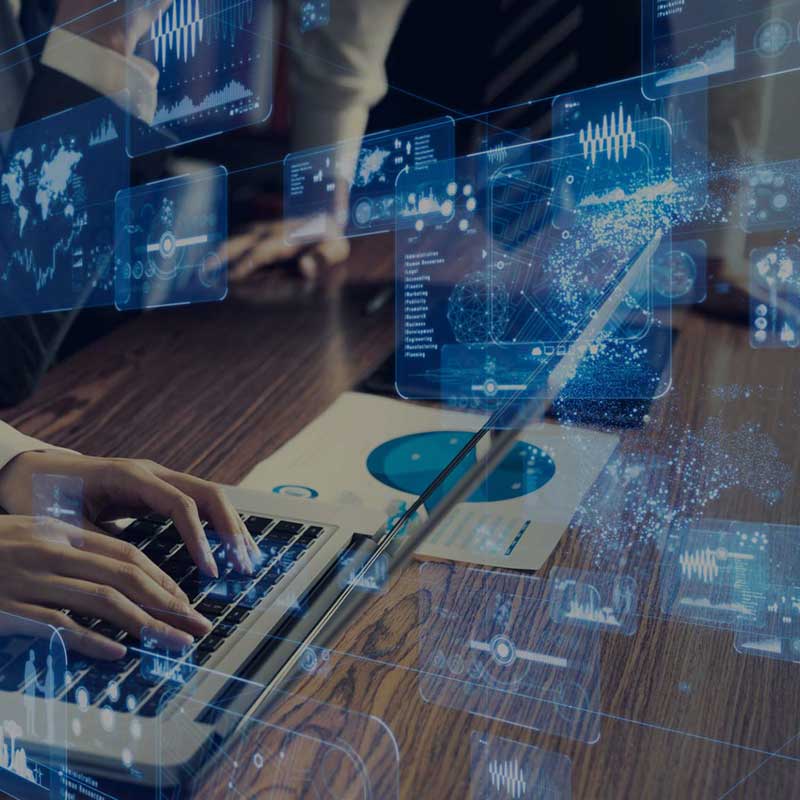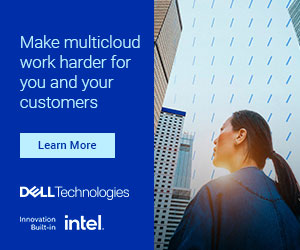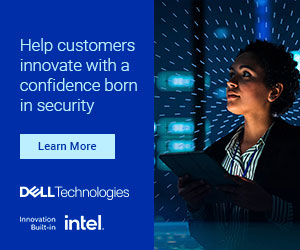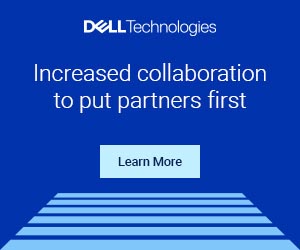The future of work is a popular topic of conversation and fodder for lively debate. Pundits argue over the loss of socialization and opportunity for spontaneous innovation that only happens in-person. Proponents extoll the quality-of-life benefits and increased productivity that WFH offers. Cities and companies alike are rethinking how they operate in the new era of hybrid work—from how they design office spaces to creating incentives for people to go into their offices a few days a week.
In short, how and where we work have fundamentally changed. And one thing seems certain: workers aren’t interested in going back to the old Monday through Friday, 9 to 5 in the office routines and their old commutes. People’s behaviors and needs have profoundly changed. Companies must respond and embrace a new kind of workplace or risk losing talent.
All of these conditions align to give you new opportunities to engage with your customers to help them create work experiences that are fulfilling for their employees, and to embark on corporate initiatives that help them meet their profitability, sustainability, and inclusivity goals.
As a trusted partner, your customers will look to you for guidance around how to merge technology into the design of their modern, hybrid-friendly work environments. Here you have an opportunity to demonstrate leadership and vision with an overall understanding of this new dynamic. Moreover, these conversations can evolve into business opportunities for you in things like deploying new devices, upgrading networks and setting up VPNs; installing new video conferencing, lighting, and sound equipment; designing and implementing new security and access protocols; and introducing new applications that enable seamless collaboration and secure information sharing, among other services.
This paradigm shift in the way people work will shape the office of the future rather than the office shaping the way people work. With that, the meaning and nature of workplace collaboration will shift radically. Although workers now engage largely on a remote and asynchronous basis, they are still parts of a larger organism. And tomorrow’s offices will foster inclusion and organic connectivity while enabling individuals to pursue and explore their own professional meaning.
Designing the office of the future will require a whole new set of considerations. To see the checklist of these six important new considerations, see page 8 of the ‘Office of the Future’ report here.
Creating the office of the future will also be more complex—it isn’t as simple as setting up a Zoom account and deploying new mobile devices. It’s much bigger now that diversity and inclusion are factored in even more. With hiring more remote workers, global and asynchronous teams will only increase. And with this increase comes various cultural and communication styles. Therefore, more stakeholders will be involved in the design and development of the future office and the importance of IT-Business alignment and partnership with HR in the employee experience will be elevated.
Learn more about the trends that are impacting the traditional office, the changing role of collaboration, how to design for more meaningful work experiences, and about Dell Technologies solutions that support the Future of Work.
Download the report: How the way we work will change the Office of the Future



